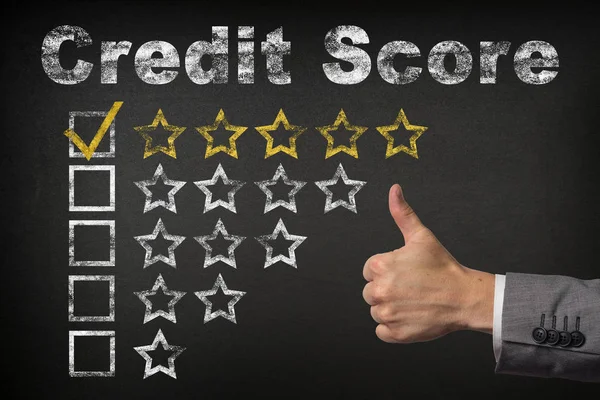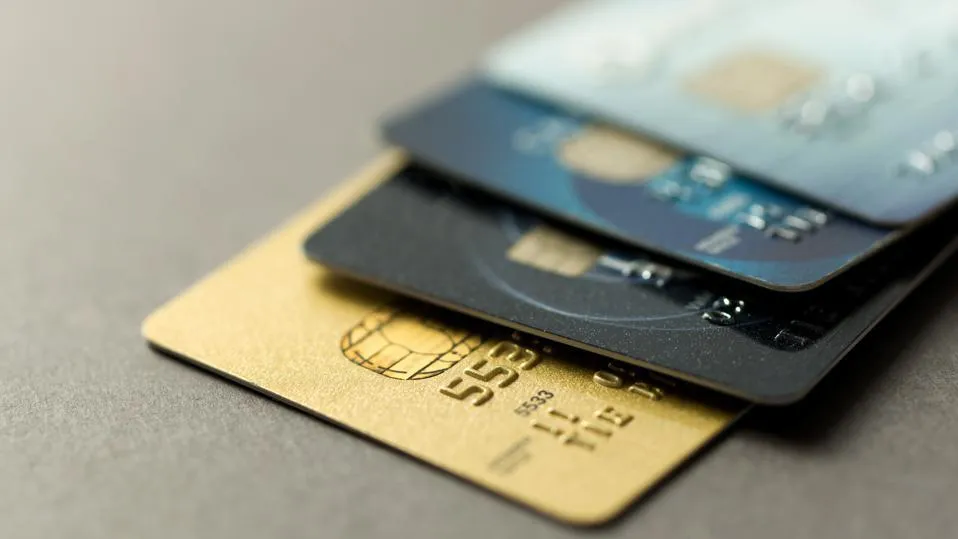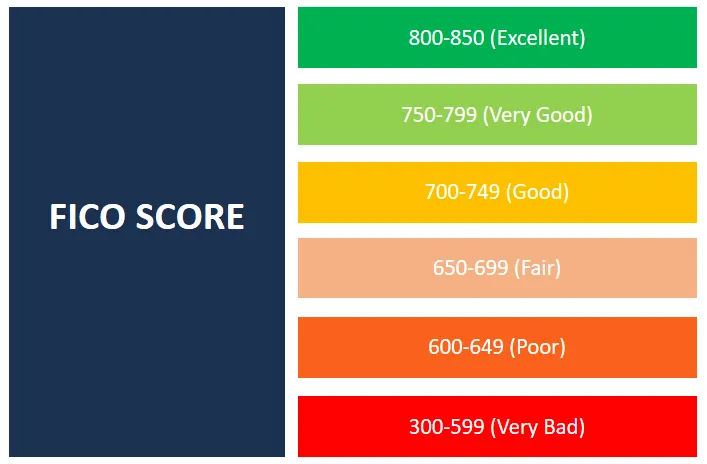CREDIT EDUCATION
CREDIT REPORTS AND CREDIT SCORING

Credit reports and credit scoring are essential tools used to evaluate an individual’s creditworthiness.
A credit report is a detailed record of a person’s credit history, compiled by credit bureaus from various financial institutions. It includes information about credit accounts, payment history, credit inquiries, and public records like bankruptcies. This report helps lenders assess how reliably a person manages their debt.
Credit scoring is a numerical representation of the information in the credit report, usually ranging from 300 to 850. This score is generated by algorithms and reflects the individual’s credit risk. Higher scores generally indicate better creditworthiness and may result in more favorable lending terms.
Together, credit reports and scores play a crucial role in financial decisions, impacting loan approvals, interest rates, and even job opportunities.

What Can I Do To Help Fix My Credit?
The solution is not rocket science; it's a simple one, though not always easy to accomplish. Remember, fixing your credit is a "TEAM EFFORT."
First, ALWAYS PAY your bills on time! This makes up 35% of your FICO Score. Lenders want to know, before giving you that credit card or loan, whether you make your payments on time. A simple way to think of this is that your credit is like a building, and your payment history serves as its foundation.
REFINANCING A HOME SOON?

When you're looking to buy or refinance a home, it's important not only to qualify and be able to make the monthly loan payment but also to secure the best mortgage rate possible. While the difference in loan rate percentages may seem small, the mortgage rate directly impacts your monthly payment and the total amount you'll pay over the lifetime of the loan. The lower the rate, the less you'll pay!
Given the variety of mortgage rates available, it pays to seek the lowest one, even if it means waiting until your FICO scores are higher. This approach will be worth it in the long run!


CREDIT CARD UTILIZATION

Credit Repair Clients are always asking what they can do to help improve their FICO Scores. While there are several things, such as making all payments on time, and it's a well-known fact that paying your credit card bill on-time is one way to achieve a higher credit score. But did you know that you can actually see a decrease in your score even if you pay your bill in full and on time every month?
Credit card utilization is the percentage of your credit line that is being used. Lenders look at it as a key factor in a consumer's overall financial health.
FICO CREDIT SCORING

What is FICO?
The Fair Isaac Corporation (FICO) scoring model was developed in 1989 and is the most widely used scoring model in lending decisions in America. FICO Scores and the effects that different transactions have on your credit scores can vary widely, including factors such as charge-offs, collections, mortgage modifications, mortgage refinancing, loan modifications, student loans, bankruptcies, foreclosures, deeds-in-lieu, and short sales.
Lenders request 27 million FICO Scores a day (10 billion a year) to make their credit decisions. Where does your FICO Score fall in the following breakdown?

Why Did My Credit Score Drop ?
Your credit score may drop due to missed payments, high credit utilization, new credit inquiries, or closing old accounts. Errors on your credit report or significant changes in your credit mix can also affect it. Regularly reviewing your credit report can help you identify and address any issues impacting your score.
Sometimes, your credit score can drop unexpectedly, which can be both discouraging and frustrating if you can't pinpoint the cause. Below are some factors that can affect your score, and you may be able to trace a drop to one of these issues.
